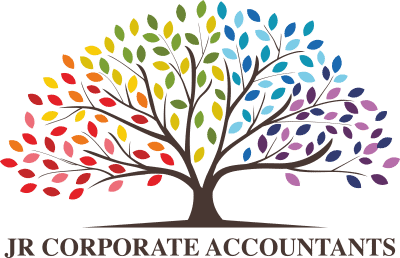Tax Checklists
Individuals
Income and deductions
Income tax is paid on money you receive, such as salary and wages, Centrelink payments, investment income from rent, interest and dividends, and profits from selling shares or property.
You can reduce the amount of tax you pay by claiming certain deductions that are directly related to earning your income.
Your tax may be further reduced if you are eligible for certain tax offsets or government rebates.
For a great guide on deductions you can claim. Please visit the ATO website for an extensive list.
Basic Individual tax return checklist:
Details of your income and expenses
These could include:
- details from payment summaries from employers, super funds, Centrelink or Department of Veterans’ Affairs
- statements from banks and financial institutions showing interest received
- details of foreign pensions or other foreign income received
- employment termination payment summaries
- receipts for gifts, donations and work-related expenses
- details of any child support payments made.
Investments
If you have shares, units, managed funds or other investments you will need details of:
- dividend payments and distributions from managed funds
- any investment gains or losses from the disposal of shares, units and rental properties.
Rental properties
If you own a rental property you will need details of:
- rental income earned
- interest charged on money you borrowed for the rental property
- other expenses relating to the property, including any expenditure on capital works
Obtaining and owning a rental property
When investing in a rental property, you’ll need to keep records right from the start and work out what you can and can’t claim as a deduction.
If you buy the property with someone else, you’ll also need to work out how to divide the income and expenses.
If you make a net profit from renting your property, you may need to make pay as you go (PAYG) instalments towards your expected tax liability.
Generally, you only declare the income you earn from a property and claim related expenses if your name is on the title deed.
If you buy a property, the date you enter into the contract – not the settlement date – is your date of purchase for capital gains tax purposes.
Apart from buying, you can obtain a property by inheriting it, receiving it as a prize or gift, or having it transferred to you as a result of a marriage breakdown.
Keep records from the start
With an investment property, it’s important to keep records right from the start. You’ll want proof of all your expenses so you can claim everything you’re entitled to. You’ll also need records of the date and costs of buying the property so you can work out any capital gain (or capital loss) when you dispose of it.
While owning the property you need to keep track of any related income and expenses. You also need to keep track of any significant changes – for example, if you carry out repairs or improvements or subdivide and sell part or all of it.
Remember to keep the costs of repairs or improvements separate from depreciation costs (the decline in value of depreciating assets). This is necessary to work out your deductions correctly and any capital gain or loss when you sell the property.
Superannuation Co-Contribution
Government super contributions
You may be eligible for either the super co-contribution or the low-income super contribution (LISC) or both, which means the government also adds to your super.
You don’t need to apply for either the co-contribution or LISC payment. If you’re eligible, have lodged your tax return and your fund has your tax file number (TFN), we will pay it to your fund account automatically.
The super co-contribution is intended to help eligible people boost their retirement savings.
If you are a low- or middle-income earner and make personal (after-tax) super contributions to your super fund, the government also makes a contribution (called a co-contribution) up to a maximum amount ($500 in 2014-15).
If you have more than one super fund and you want your co-contribution paid to a particular one, use the Superannuation fund nomination form.
If you are now retired and no longer have an eligible super account that will accept the co-contribution you can request a direct payment using your myGov account or by completing an Application for direct payment of government super co-contribution.
